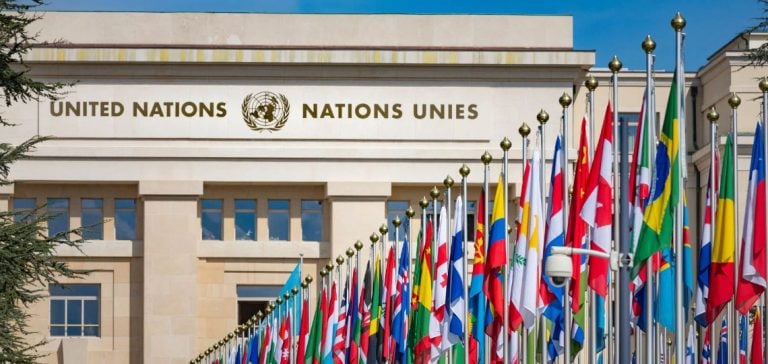The global situation surrounding greenhouse gas emissions continues to raise major concerns. According to the latest annual Emissions Gap Report published by the United Nations Environment Programme (UNEP), it is crucial that commitments made under the Paris Agreement are reinforced and implemented without delay. Otherwise, the world is on track for an average global temperature increase of 2.6 to 3.1 degrees Celsius by the end of the century. Such a rise would have devastating impacts on populations, ecosystems, and economies on a global scale.
According to this report, published on October 24, 2024, Paris Agreement signatories must submit their revised nationally determined contributions (NDC) for 2035 by February 2025 at the latest. NDCs represent each country’s commitments to reduce emissions. For example, the United States pledged in 2021 to reduce its greenhouse gas emissions by 50 to 52% by 2030, relative to 2005 levels. However, the implementation of these commitments remains uncertain, especially for G20 members.
The G20 Members at the Forefront
The report stresses that the 20 largest emitters, known collectively as the G20, are responsible for 77% of global emissions in 2023, with the top six emitters alone accounting for 63% of the total. In 2023, global emissions reached a record level of 57.1 gigatons, a 1.3% increase from the previous year. Most large developing economies, such as China, India, Indonesia, and Mexico, have yet to reach their emissions peak—a critical step for achieving a net reduction in emissions over time.
On the other hand, for G20 members that have already reached their emissions peak, such as Canada, Japan, and the European Union, the report emphasizes the need to accelerate decarbonization. Emission reductions must increase drastically after 2030 to enable these countries to meet their net-zero targets.
An Exponential Decarbonization Challenge
To meet the goal of limiting temperature rise to 1.5°C, global emissions must decrease by 4% to 7.5% annually until 2035. However, if countries postpone their commitments until 2030, the required annual reduction would increase to between 8% and 15% to remain on a trajectory with a maximum warming of 2°C.
The UN report also stresses the need to reform the global financial architecture to stimulate investment in emission reduction projects. The necessary increase in investments in clean energy and decarbonization technologies should be at least sixfold, the report notes.
Urgent Calls to Action
According to Rachel Cleetus, policy director of the Climate and Energy Program at the Union of Concerned Scientists, this report confirms that nations’ current efforts are grossly insufficient. She calls on governments to respond to the clear warnings in this report by strengthening their NDCs for 2035 and enacting robust policies to achieve them.
The challenge is immense, and time is running out. The upcoming COP29 meeting, set to take place next month in Baku, Azerbaijan, should provide a platform for leaders to align their policies and commitments with global climate goals. Success in these commitments could determine global climate stability for decades to come.






















